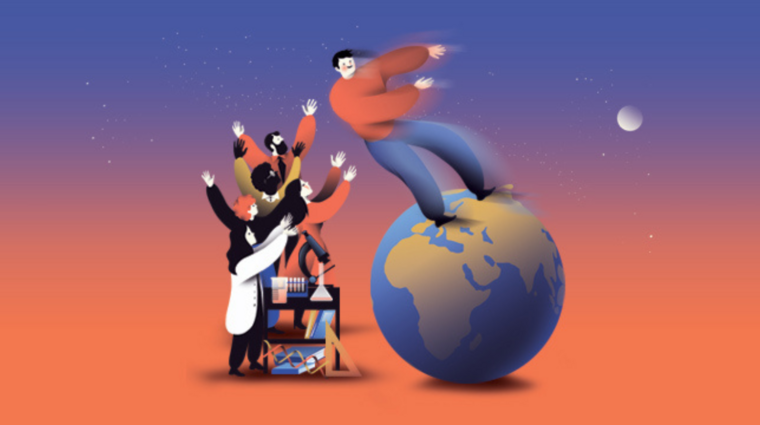Public trust in scientists. The study, co-authored by ICSJ FSV UK researchers, was published in the prestigious journal Nature Human Behaviour

Public trust in scientists. The study, co-authored by ICSJ FSV UK researchers, was published in the prestigious journal Nature Human Behaviour
Researchers Tereza Klabíková Rábová and Karolína Pštross from the Institute of Communication Studies and Journalism at the Faculty of Social Sciences, Charles University, participated in an international study published in Nature Human Behaviour, a journal belonging to the prestigious Nature family of scientific publications.
The study, Trust in scientists and their role in society across 68 countries, led by Viktoria Cologna (Harvard University, ETH Zurich) and Niels G. Mede (University of Zurich), involved an international team of 241 researchers who surveyed nearly 72,000 people across 68 countries, including the Czech Republic. This represents the largest post-pandemic study on public trust in scientists.
Despite repeated claims about a crisis of trust in science, the survey revealed that most respondents trust scientists. The majority also perceive them as competent, honest, and concerned about people’s well-being. However, most participants expressed a desire for scientists to play a more active role in society and policymaking and to communicate more effectively with the general public.
"Participating in this research allows us to compare trust in scientists in the Czech Republic with 67 other countries and to refine existing partial surveys. The data highlight key challenges in our country: scientists need to communicate more clearly and frequently about topics important to citizens, such as public health. At the same time, it’s essential to strengthen media literacy and effectively counter disinformation, as distrustful minorities can significantly undermine the current medium-to-high level of trust in scientific findings. Overall, the research offers valuable insights into how to increase trust in science to levels seen in Western and Northern Europe," explains Tereza Klabíková Rábová.
“I am thrilled that we were part of this international project, ensuring data from the Czech Republic was included. This topic remains underexplored in our country, and it’s great that this research is helping to raise its visibility,” says Karolína Pštross. “Global trust in scientists is high, which we see as an important signal. However, we should now focus on supporting open communication from scientists—this was one area where the public identified certain shortcomings,” she adds.
The international research team has also created an interactive visualization of the study results, allowing users to view and compare data across countries.
The article was published on Monday, January 20, 2025, on the journal's website. An accompanying visual by the Czech graphic studio Tomski&Polanski is also competing to feature on the cover of the print edition of the journal, which will be released later this year.
Photo: Tomski&Polanski


